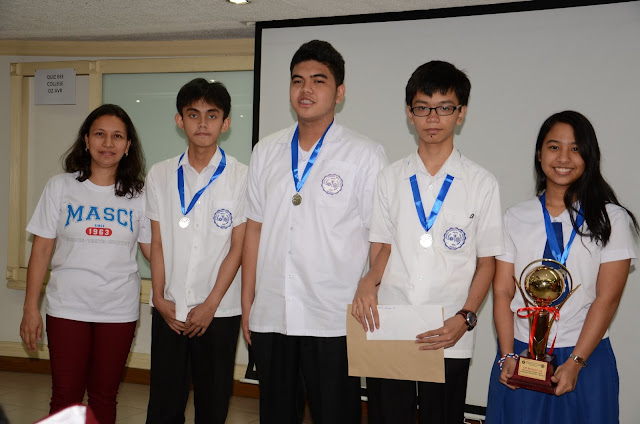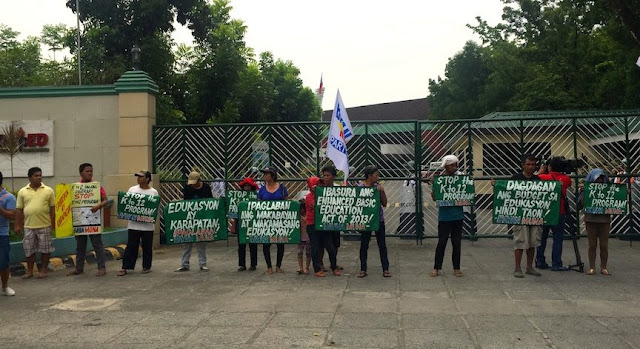How Teachers Perceive Students

When instruction is guided by where the learner currently stands, it is hoped that the teacher's perceptions are correct. A teacher's perception not only guides differentiated instruction, but also influences in general the future achievement of the pupil. Unfortunately, there are subjective factors that come into play in how a teacher may view a student. It is fairly common for favoritism to occur inside a classroom. Above copied from Comic Strip of the Day Yes, it is just a comic strip, but even published research shows how a child behaves affects a teacher's perception. The following is an excerpt from a paper scheduled to be published in the Journal of Educational Psychology : Above copied from Baker, C. N., Tichovolsky, M. H., Kupersmidt, J. B., Voegler-Lee, M. E., & Arnold, D. H. (2014, October 20). Teacher (Mis)Perceptions of Preschoolers’ Academic Skills: Predictors and Associations With Longitudinal Outcomes. Journal of Educational Psychology. Advanc...










